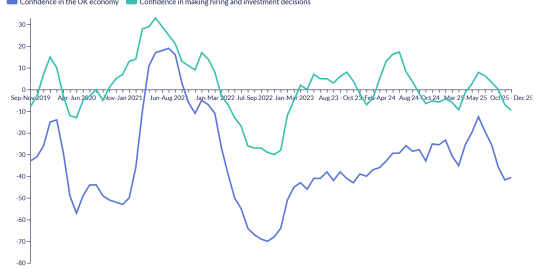HDA has worked in the area of coaching for 15 years, developing a reputation for a highly successful, outcomes-focused approach to achieving objectives. As part of our sustained commitment to refining and developing our coaching capability we recently undertook a detailed survey, incorporating views from across a broad sector base, to measure opinions surrounding executive coaching.
Current trends indicate that coaching remains a valuable tool for developing leaders at all levels in spite of (or perhaps even more importantly during) the down turn in the economy – but what does this actually mean in reality? What are organisations doing differently? How has coaching been impacted? What return on investment can individuals and the business expect? This brief report outlines the findings of the 2010 HDA Executive Coaching Survey, which goes some way towards answering these questions.
Headlines and major trends…
• 97% of organisations believe that executive coaching impacts positively on business performance. This has risen 10% since the 2008 HDA Survey.
• 97% of respondents believe that coaching enhances the ease with which changes are accepted and implemented.
• Individual and/or team performance improvement was rated as the main business benefit observed from executive coaching.
• Over 70% of organisations surveyed offer coaching to employees at all levels – this has increased by 24% since 2008. Where coaching is offered only to certain levels, they tend to be the senior management team, directors or high potentials.
• The majority of those responding (97%) are looking for value for money and experienced coaches in their coaching provider.
• 88% of organisations state that executive coaching provides value for money. This is down 6% on the 2008 HDA Survey results.
• 94% of organisations offer face-to-face rather than online/telephonic coaching.
• A growing number of Line Managers are acting as coaches within organisations.
Measuring Success...
With organisations becoming increasingly concerned with understanding the return on investment from coaching programmes it is reassuring to note that over half of those responding have a formal process in place for determining effectiveness and measuring success. However, consistent with recent CIPD findings, our survey indicates that a small proportion of respondents use anecdotal evidence from those being coached or feedback from line managers as a means of measuring success.
While this can be an effective means of measuring success it is also highly subjective and it would be beneficial for organisations to combine this method of analysis with a more formal approach, such as setting measurable objectives to be reviewed or incorporating assessments (for e.g. 360 degree) into the process. Worryingly, over 30% of organisations do not have an approach to monitoring the results or value of coaching undertaken within their organisation. With a global spend on coaching estimated at over $2bn (Pennington, 2009), it is hard to believe that these business leaders do not demand to see a tangible return on investment from coaching.
Summary
The use of executive coaching is becoming increasingly common and this is only set to continue. As the results of this survey confirm, it is widely recognised that coaching can be a key factor in enabling individuals to improve their performance which in turn can lead to improved business performance. Alongside improved individual and business performance, coaching offers the organisation a ‘value for money’ means of attracting, engaging and retaining key talent. However in order to fully realise the benefits of coaching within your organisation, it is imperative that HR implement a formal process of monitoring success and measuring return on investment.
View the full report 2010 HDA Executive Coaching Report here - www.hda.co.uk/corporate/hda-overview/ExecutiveCoachingSurveyResults2010.asp
For more information on any of the above or to understand how HDA can add value to your organisation through coaching, please contact Melissa Gallagher, Client Partner & Project Manager – mag@hda.co.uk / 0207 484 5065





